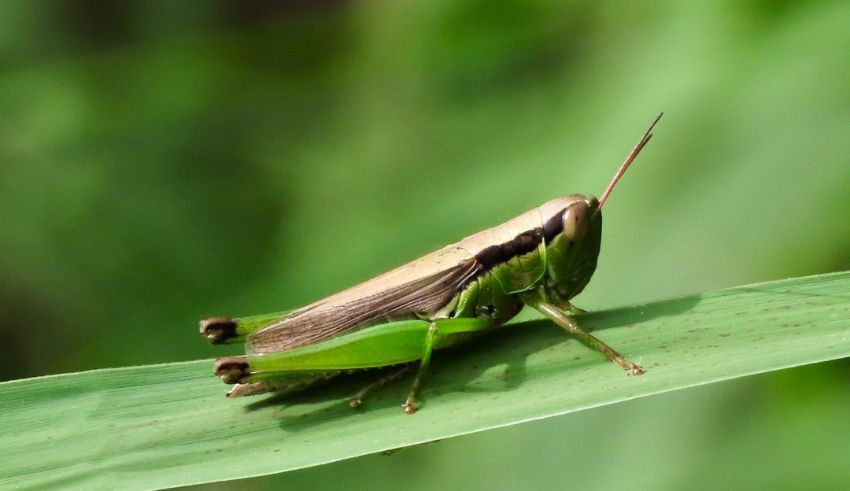
Ensuring food security for its people presents a continuous difficulty for Singapore, a highly populated island nation with limited resources. The demand on conventional food production techniques increases along with the world population. In this regard, Singapore is looking at a fresh and environmentally friendly idea: eating insects.
Why are insects?
Edible insects have many benefits over traditional animals. Given their much less land and water requirements for raising, they are a great alternative for highly populated cities like Singapore. Vertical farming of insects maximizes space in high-rise urban farms, a great benefit in a city-state where land is a limited resource. Insects also have really good nutritional profiles, with plenty of minerals, vitamins, and proteins. For instance, crickets are a complete protein source—that is, they include all nine of the essential amino acids humans cannot synthesis on their own. This makes them a quite nutritious substitute for conventional protein sources including fish, poultry, and beef.
Moreover, insects can be cultivated on organic garbage, therefore supporting a circular economy. This helps control waste, so transforming it into usable protein, thus reducing the demand for agricultural land and water. The environmental advantages are clear-cut; insects generate less ammonia and greenhouse gases than traditional cattle and their production calls far less feed. This exactly complement Singapore’s drive to lower its carbon impact and its sustainability targets.
Overcoming the “Yuck Factor”
Considered the “yuck factor,” many individuals find great discomfort in the concept of eating insects. Most likely, this dislike results from cultural standards and inexperience. Still, Singaporean businesspeople are trying hard to close this disparity. Edible bug businesses are creating creative methods to include insects into familiar foods, therefore increasing their appeal and reducing their intimidating power for the typical customer. For baked products like bread, muffins, and cookies, cricket flour—which is nutritious—can be easily employed without changing the taste or texture greatly. Mealworms can similarly be roasted and seasoned to provide a crunchy, savory snack that appeals to people looking for novel and interesting cuisine.
Changing attitudes also depends much on cooking demonstrations and educational initiatives. These projects seek to normalize edible insects by highlighting their culinary adaptability and health advantages. Food influencers and celebrity chefs are being hired to produce gourmet meals including insects, therefore stressing their possibilities as a sustainable and mouthwatering food source. Insect-based cuisine is starting to be experimented with by restaurants, who are progressively bringing them into the public dining scene.
The Development of Food
Although they might not be a mainstay on every Singaporean dinner table overnight, edible insects show a great start toward a more sustainable and safe food future. Insects could become a major protein source if knowledge of them rises and cooking methods change. By aggressively investigating this substitute, Singapore shows its dedication to long-term food security and creativity.
Furthermore actively supporting research and development in this field is the Singapore Food Agency (SFA), which provides and funds companies and research facilities concentrated on edible insects. Overcoming regulatory obstacles and guaranteeing food safety standards are dependent on government, academic, and commercial sector cooperative efforts. This combined strategy guarantees that Singapore stays on top of food innovation, therefore establishing a model for other countries facing comparable problems.
Singapore’s research of edible insects aims to build resilience and adaptability in its food system as much as to solve food shortage. Reducing reliance on imported food and diversifying its protein sources could help Singapore better resist worldwide food supply interruptions and price volatility. This project fits with the larger picture of building a self-sufficient, sustainable food ecosystem able to satisfy the dietary requirements of an increasing population.
Finally, adopting edible insects is a daring and forward-looking action that might transform our perspective on food consumption and production. The world sees with great interest as Singapore keeps innovating and setting an example. The small country could potentially set the path for a time when insects are not only a necessary part of our meals but also a main source of protein, therefore helping to create a better planet and a safer food supply for all.





















